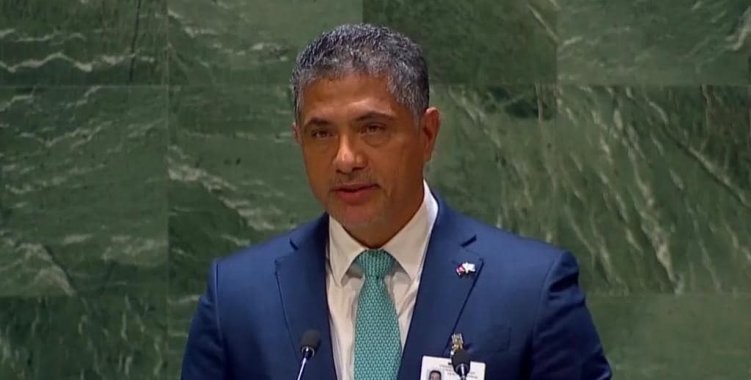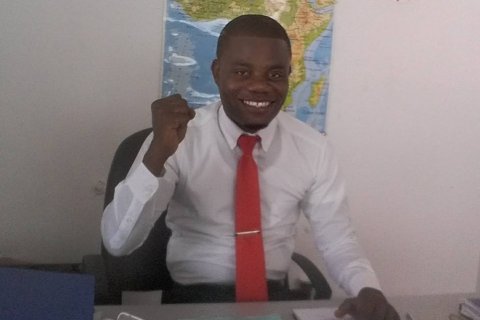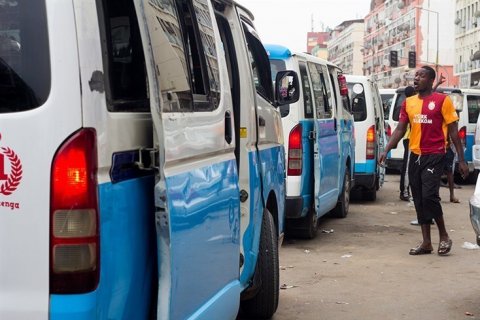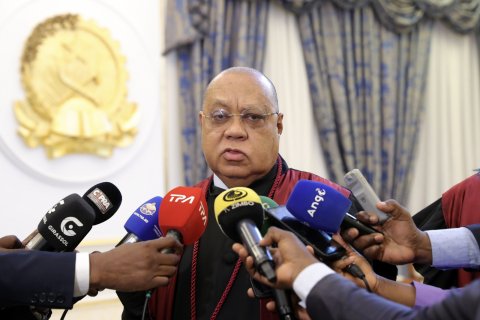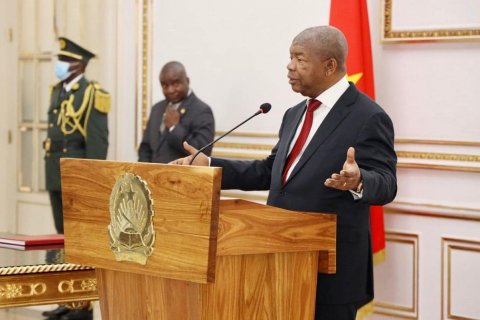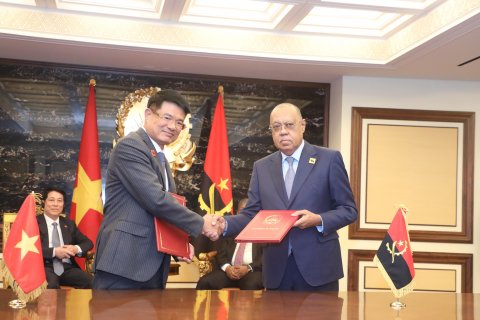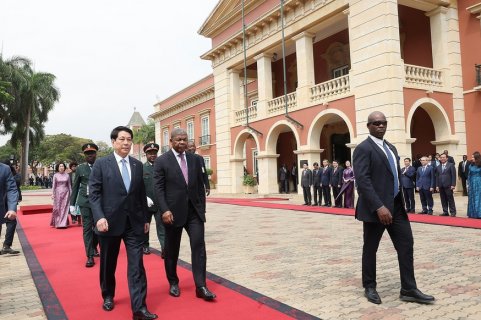"For the five-year period 2023-2027, the investment to be made in the field of water supply will exceed four billion dollars, with the execution of new systems for capturing, treating and distributing water, which will increase by 1,149 m3/day , the water supply in the country, in particular Luanda, and the connection to the network of 1.6 million families", said the minister, in his speech – released by the Ministry of Energy and Water and to which VerAngola had access.
He also advanced that "such a financial effort" will make it possible to "raise the current per capita consumption from 40 liters/inhabitant/day to 70", thus moving towards the fulfillment of the Sustainable Development Goals (SDGs).
"Despite the abundance of water resources in Angola, there are regions, in the southern part, cyclically affected by long droughts, which lead to the formation of migratory waves of the population and animal transhumance, costing high human and material sacrifices", he said.
In order to face this "scenario that has been observed for decades", the minister informed that "the Government has recently decided to develop a program of structuring actions consisting of the construction of channels and transfers between basins, as well as the construction of dams with reservoirs for the accumulation of rainwater, including the rehabilitation of dozens of dams in the provinces of Cunene, Namibe and Huíla".
The holder of the Energy and Water portfolio said that this programme, "with a budget of 4.5 billion dollars", began in Cunene, "with the completion of the Cafu Canal, with water collection from the Cunene River and its distribution over 165 kilometers of open channels, with a potential benefit for more than 250,000 people and more than 300,000 animals, in addition to the irrigation of the soil along its route".
In this effort to develop water supply capacity, he added, the Executive has the participation of "multilateral entities and credit agencies, such as the World Bank, the African Development Bank, the French Development Agency, with whom it develops, from n 2018, the Water Sector Institutional Development Program (PDISA)", which, according to the minister, is already "in its phase II and whose results are visible, both in terms of infrastructure, with the rehabilitation and expansion of municipal water systems, construction of laboratories for measuring water quality, as well as on the institutional side, with the creation and training of 17 provincial water companies, which will manage the assets under construction, as well as guarantee an acceptable quality service to the beneficiary populations".
He added that in the second phase of the PDISA, the "investment agenda will include wastewater sanitation systems in the main coastal cities of the country, whose studies are under development, with the aim of improving the health conditions of the populations and combating diseases of water origin".
In his speech, the official also highlighted that the country has been developing actions of "different dimensions, namely, in the constitutional and infra-constitutional plan; capacity building and institutional reinforcement; investments in water supply infrastructure; creation and financing of public water and sanitation companies; economic and tariff regulation".
"The right to access to drinking water and sanitation enjoys constitutional dignity, forming part of the right to quality of life", he stressed, adding that Angola, in order to "make effective the fulfillment of its objectives and targets in the field of water , has as its main planning instrument the National Water Plan, with a period of validity until the horizon of 2040, containing a comprehensive vision of the different actions to be carried out in the short, medium and long term, in the legal, institutional, technical, financial domains and infrastructure, with a view to guaranteeing its management in a sustainable manner and ensuring its access and benefits to the entire population".
João Baptista Borges also highlighted that "the volume of investments, in the water sector, reached, in the period from 2017 to 2022, a total of 1,937.77 million dollars, with the average access rate, for the urban and rural population, situated by 60 percent, considering a population universe of 30 million inhabitants".
He also called for "the equitable and rational management of this important natural resource, among the different users, in a perspective of justice, intergenerational balance and international harmony".
Minister participates in meeting with World Bank
According to a note from the Ministry of Energy and Water, which VerAngola had access to, the Minister of Energy and Water participated, at the invitation of the World Bank Group, in a meeting of ministers of water and sanitation.
"On the sidelines of the United Nations Conference on Water - UN 2023, which takes place in New York City, United States of America, between the 22nd and 24th of this month, the Minister of Energy and Water, João Baptista Borges, at the invitation of the World Bank Group, participated in the meeting at the level of ministers of water and sanitation, which allowed sharing experiences and achievements regarding the challenges that still exist regarding water and stimulating actions on water and sanitation in development in the Southern and East African Region", read in the note.
João Baptista Borges gave, on the occasion, "a general overview of ongoing projects financed by the World Bank in the amount of around one billion dollars". In addition, he also spoke about the ongoing projects, namely the Electric Sector Access and Improvement Project (ESIAP), the Water Sector Institutional Development Project (PDISA) and Bita.
The minister highlighted the Government's attention "to the Program to Combat the Effects of Drought in the southern region of the country, noting that the scale and reach of the investments are immense, which could result in the fulfillment of the Sustainable Development Goals for the supply of water and sanitation , with emphasis on rural areas", reads the note.
In addition, he also reiterated the commitment to ensure "the continuous development of different actions and projects" aimed at achieving "progressively and in an integrated way, the goals established, internally and internationally".

